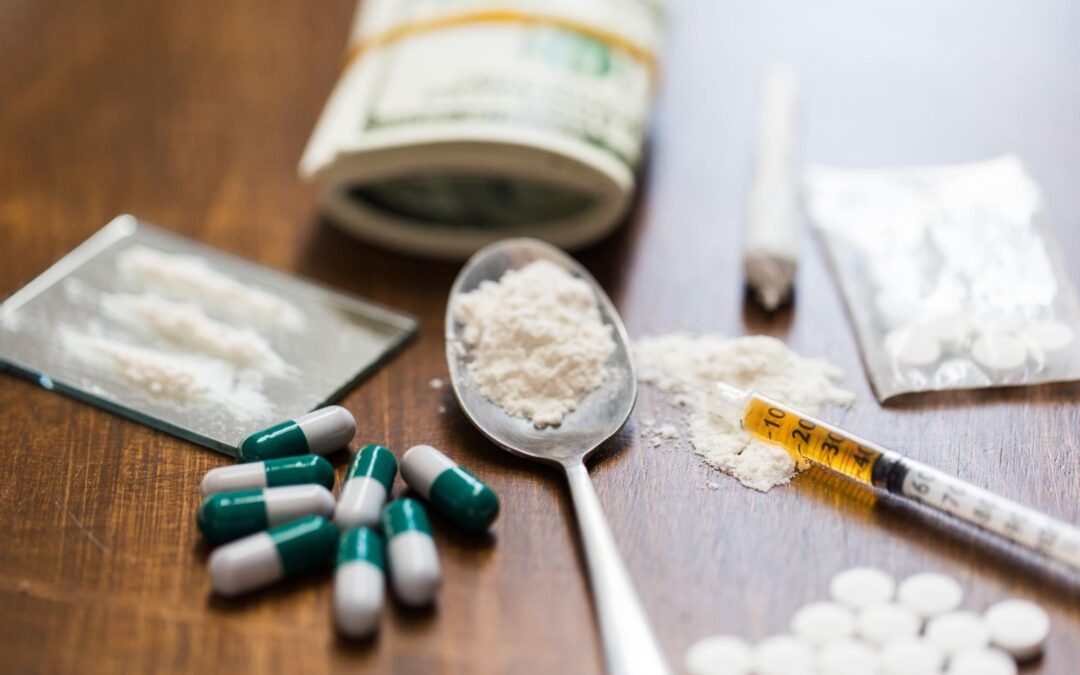You’re probably here because you’re searching for answers—real, no-nonsense answers. Maybe you’re worried about yourself, or for someone close that you care about. Cocaine can feel like it’s taken control, and now you want to understand how long does cocaine stay in your system, how the process of metabolizing cocaine works, and what it all means. You’re not alone in this, and we’ll walk through everything step by step to help you find clarity quickly—cocaine doesn’t have to define your story.
How Long Does Cocaine Stay In Your System?
So, here’s the deal: cocaine doesn’t stick around for long, but its effects—and the traces it leaves—can linger longer than you think. When someone uses cocaine, it’s broken down by the liver and excreted through the kidneys. But the detection window depends on how the drug was used, the person’s overall health, and even hydration levels

Factors That Affect Cocaine Detection
- Frequency of Use: Occasional use might mean a shorter detection window, while chronic use leaves more lasting traces.
- Method of Use: Snorting, smoking, or injecting affects how quickly it’s metabolized.
- Overall Health: Your liver and kidney functions play a huge role in how fast your body eliminates cocaine.
- Hydration and Metabolism: Staying hydrated and having a higher metabolic rate can influence detection times.
Common Detection Methods
- Urine Tests: The most common type of drug test. Cocaine is typically detectable in urine for 2-4 days.
- Blood Tests: These detect cocaine within 12-48 hours, depending on the dosage and frequency.
- Hair Testing: While less common, hair tests have the longest detection window—up to 90 days or more.
Struggling with cocaine addiction? Reach out to CenterPointe Recovery today, and let us help you start your journey to a healthier, substance-free life.
Cocaine Addiction: The Bigger Picture
Cocaine is a powerful stimulant that directly impacts the central nervous system, creating an intense rush of energy and euphoria. However, its highly addictive nature brings serious physical and mental health consequences. Over time, chronic use can lead to long-term damage that affects every aspect of an individual’s well-being. Understanding the lasting effects of cocaine abuse, including how long does cocaine stay in your system, is a crucial step toward recovery. For those struggling, addressing these challenges is essential to reclaim their health and rebuild their lives.

Why Cocaine Addiction Happens
Cocaine alters the brain’s reward system, creating a cycle where increasing amounts are needed to achieve the same high, ultimately leading to dependency. Understanding how long does cocaine stay in your system can be an important part of addressing its effects and planning for recovery. Breaking this cycle requires specialized cocaine addiction treatment. Programs designed to address addictive behaviors can offer valuable strategies for overcoming the challenges associated with cocaine use.
Cocaine Consumption’s Impact on Health
- Physical Health: High blood pressure, heart problems, and liver damage.
- Mental Health: Increased risk of anxiety, depression, and other mental health disorders.
- Social Consequences: Strained relationships, job loss, and financial troubles.
Drug Testing: What You Need To Know
If you’re facing a drug test, understanding the basics can help ease some of the stress. Different tests have different detection windows, and knowing how long substances remain detectable is key.
Urine Drug Testing
Urine tests are straightforward and widely used in substance abuse cases. They can detect drug metabolites like benzoylecgonine in urine for up to four days after use, sometimes longer for chronic users. In some cases, blood cocaine levels may also be tested to assess recent use.
Blood Tests
Blood tests are less common but more accurate in detecting recent cocaine use. Typically, cocaine metabolites can be detected in the blood for up to 48 hours, and they can test positive within this timeframe.
Hair Strand Tests
Hair testing isn’t just for recent use. If someone has used cocaine or crack cocaine in the past few months, it’s likely to show up here, unlike methods that detect cocaine use quickly, within up to two weeks.
The Role Of Professional Treatment
Overcoming cocaine addiction is challenging, but recovery is achievable with the right support. Individuals struggling with drug use don’t have to face it alone. Professional treatment programs, like those at CenterPointe Recovery, offer the tools and guidance needed to break free from addiction. These programs help manage withdrawal symptoms, address how long does cocaine stay in your system and the half-life of cocaine in the body, reduce stress, and promote overall well-being throughout the recovery journey.

Why Treatment Matters
- Tailored Plans: Programs designed to meet your unique needs.
- Expert Support: Access to mental health professionals and addiction specialists.
- Long-Term Recovery: Building a sustainable path forward with counseling and aftercare.
How Treatment Works
- Detox and Stabilization: Helping your body safely eliminate cocaine.
- Therapy: Addressing the root causes of addiction.
- Support Networks: Building a community to lean on through recovery.
CenterPointe Recovery: Your Partner in Substance Abuse Recovery
Our expert team helps manage withdrawal symptoms, address addiction’s root causes, and support lasting recovery. Understanding how long does cocaine stay in your system is part of our comprehensive approach, ensuring you have the knowledge to navigate the recovery process. Through personalized therapy and mental health support, we empower you to rebuild a substance-free life.
At CenterPointe Recovery, we provide tailored outpatient programs, including substance abuse treatment, craniosacral therapy, and outpatient alcohol treatment, guiding you toward a healthier, addiction-free future.
You don’t have to face this alone. Discover our tailored treatment programs and get the support you need to break free from cocaine addiction. Contact Us Now.
FAQs
Why is cocaine classified as a Schedule II controlled substance?
It is classified as a Schedule II controlled substance because of its medical use in certain cases and its high potential for abuse and dependency. Factors like hydration and kidney function play a crucial role in how the body processes and eliminates cocaine, influencing how long does cocaine stay in your system, as well as the detection and effects of the drug.
How does cocaine metabolism work in the body?
Cocaine metabolism occurs primarily in the liver, the primary organ responsible for breaking down the drug into metabolites like ecgonine methyl ester, which are then excreted.
How do factors influencing cocaine metabolism affect detection times?
Several factors, including liver function, hydration, kidney function, and the use of other substances, can influence how long does cocaine stay in your system and how long it remains detectable in the body.
Why is cocaine considered a highly addictive drug?
Cocaine is a highly addictive drug because repeated cocaine use alters the brain’s reward system, leading to dependency and increased cravings over time.
Can mixing cocaine with other drugs or drinking alcohol worsen its effects?
Yes, mixing cocaine with other drugs or drinking alcohol can amplify its stimulant effects, increase its toxicity, and lead to serious consequences for the user.
Why do cocaine users face serious health consequences with repeated cocaine use?
Cocaine users face risks like heart problems, liver damage, and mental health issues due to repeated cocaine use, the strain it places on the body, and factors like how long does cocaine stay in your system.
How long is cocaine detectable in drug screen results?
Cocaine has a relatively short detection window, with blood samples showing it for 12–48 hours and drug test results varying depending on factors like snorting cocaine or other methods of use.
What are the mental health impacts of cocaine abuse?
Cocaine abuse often leads to anxiety, depression, and substance use disorder, requiring mental health services administration for long-term recovery.

